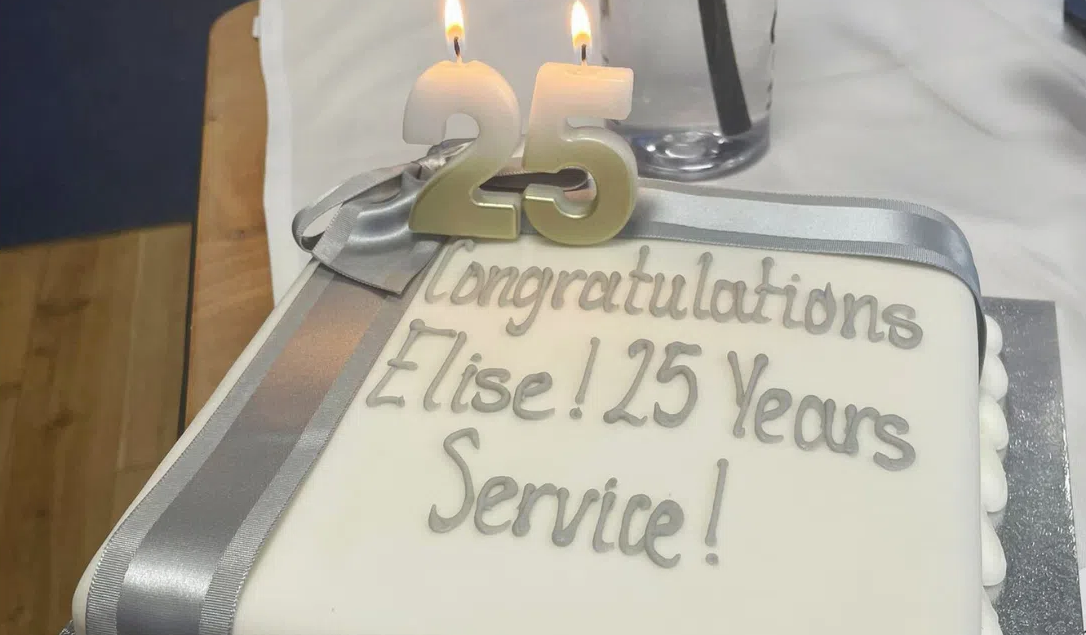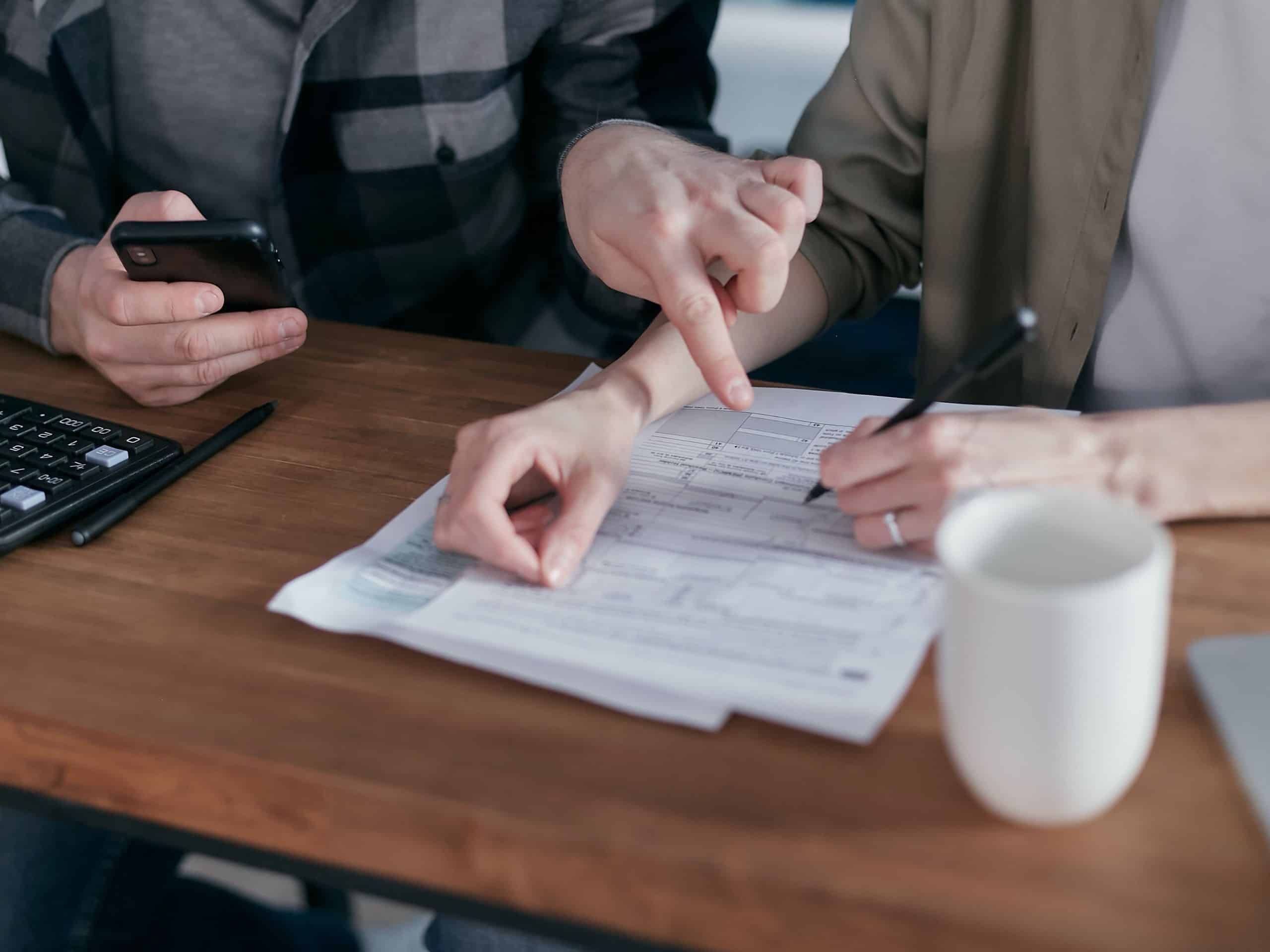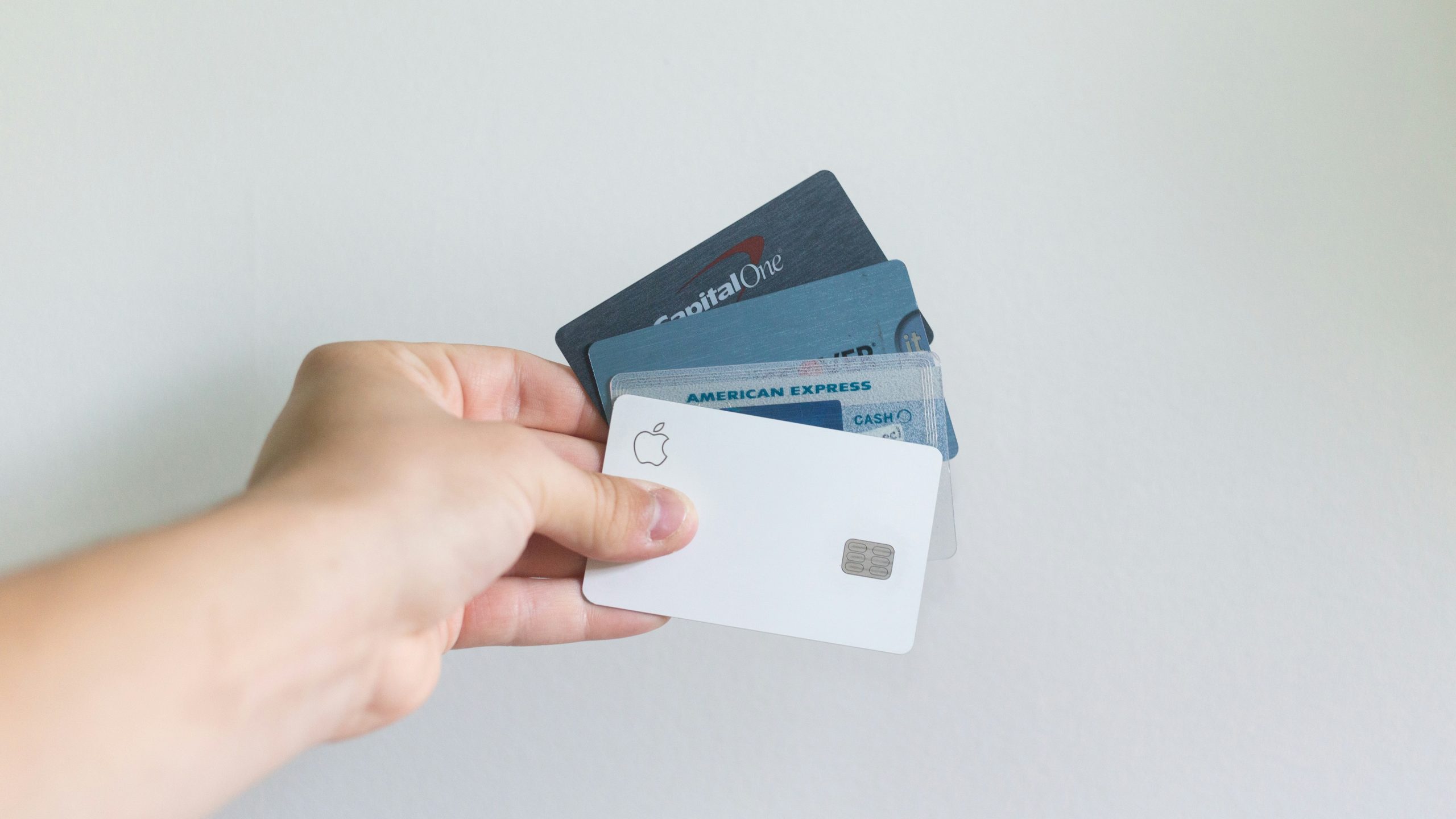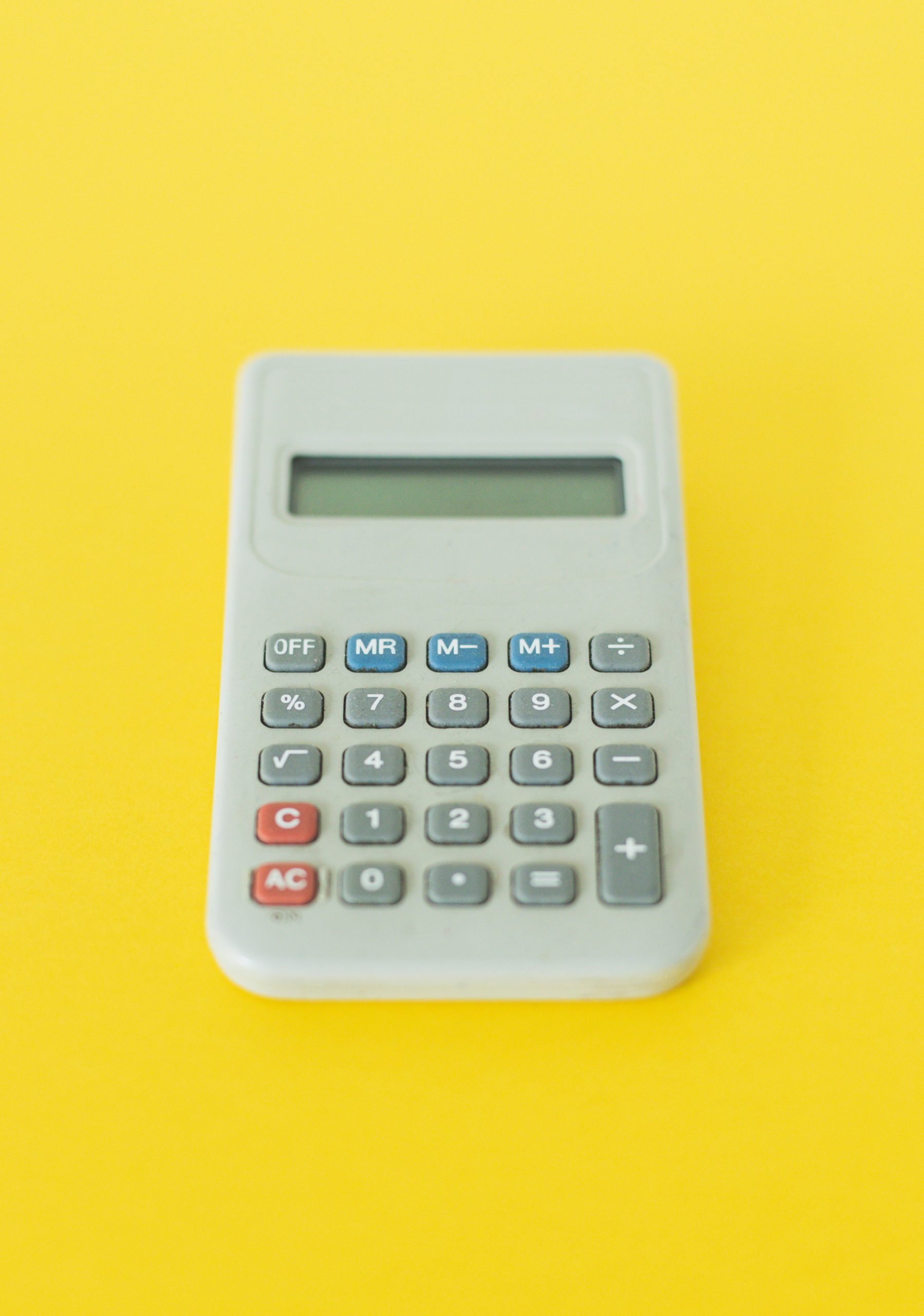

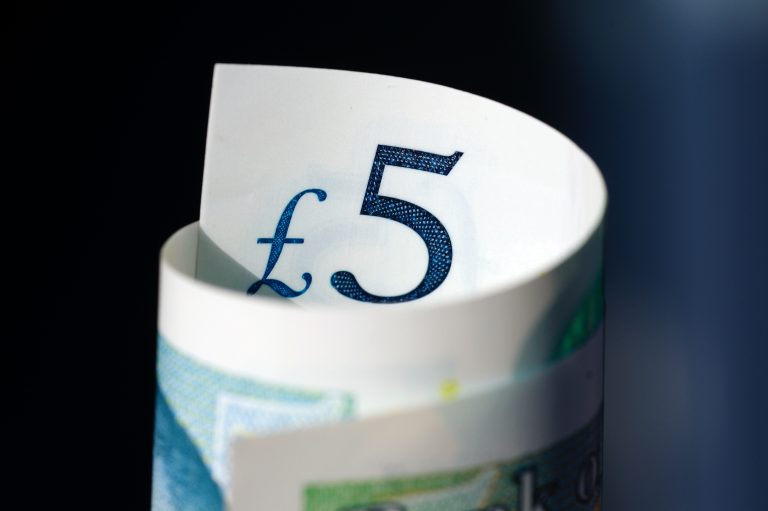 SavingsSave regularly, from as little as £5 per month.
SavingsSave regularly, from as little as £5 per month. LoansHelping you by offering a range of loans for a variety of purposes, direct from your payroll.
LoansHelping you by offering a range of loans for a variety of purposes, direct from your payroll.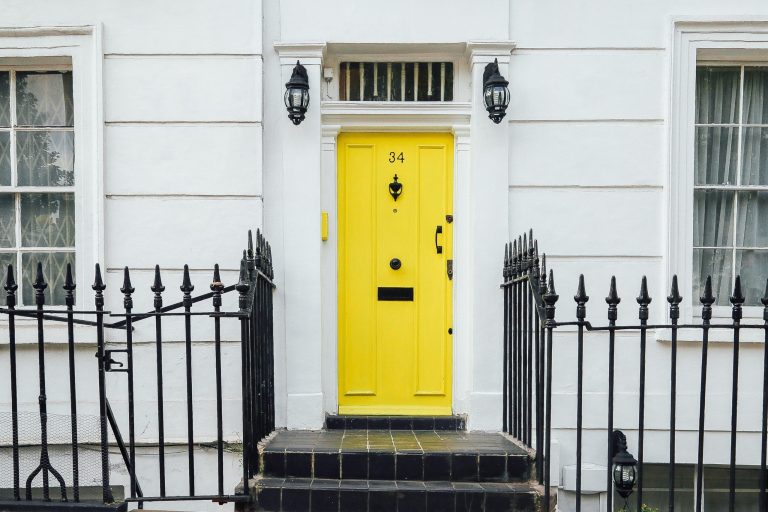 MortgagesHelping the police family to get on and remain on the property ladder.
MortgagesHelping the police family to get on and remain on the property ladder.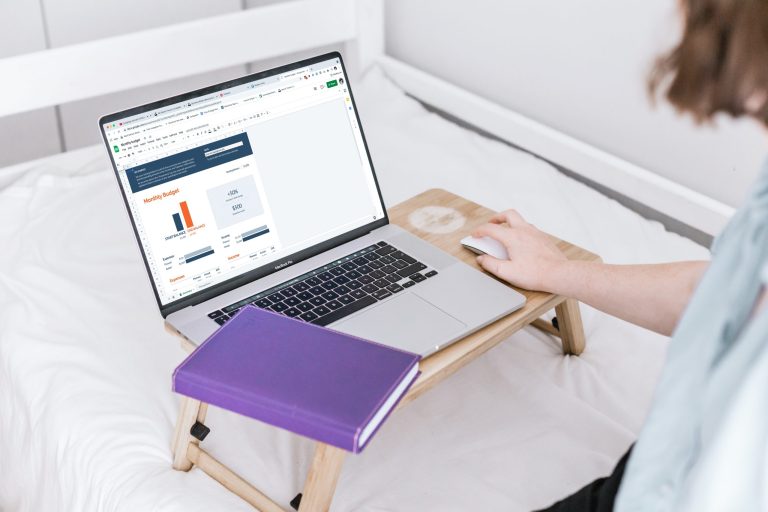 Financial WellbeingSome of our top tips to help you manage your money even better.
Financial WellbeingSome of our top tips to help you manage your money even better. Services and SupportFind more information on the additional services or support we offer.
Services and SupportFind more information on the additional services or support we offer.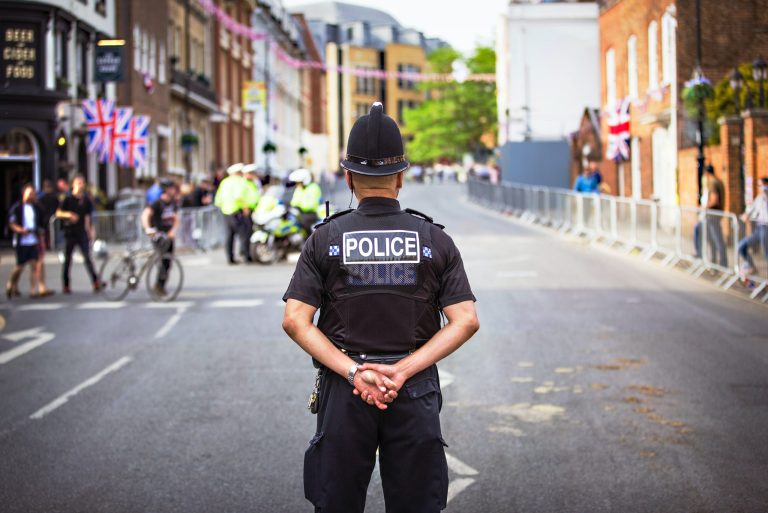 About UsFind out more about the biggest police credit union in the UK.
About UsFind out more about the biggest police credit union in the UK. SavingsSave regularly, from as little as £5 per month.
SavingsSave regularly, from as little as £5 per month. LoansHelping you by offering a range of loans for a variety of purposes, direct from your payroll.
LoansHelping you by offering a range of loans for a variety of purposes, direct from your payroll. MortgagesHelping the police family to get on and remain on the property ladder.
MortgagesHelping the police family to get on and remain on the property ladder. Financial WellbeingSome of our top tips to help you manage your money even better.
Financial WellbeingSome of our top tips to help you manage your money even better. Services and SupportFind more information on the additional services or support we offer.
Services and SupportFind more information on the additional services or support we offer. About UsFind out more about the biggest police credit union in the UK.
About UsFind out more about the biggest police credit union in the UK.| Cookie | Duration | Description |
|---|---|---|
| _hjSession_2313981 | 30 minutes | No description |
| _hjSessionUser_2313981 | 1 year | No description |
| _mc_anon_id | past | This is a Mailchimp functionality cookie used to evaluate the UI/UX interaction with its platform. |
| gpnf_form_session_46 | 7 days | No description |
| gpnf_form_session_47 | 7 days | No description |
| gpnf_form_session_57 | 7 days | No description |
| gpnf_form_session_67 | 7 days | No description |
| Cookie | Duration | Description |
|---|---|---|
| _fbp | 3 months | This cookie is set by Facebook to display advertisements when either on Facebook or on a digital platform powered by Facebook advertising, after visiting the website. |
| fr | 3 months | Facebook sets this cookie to show relevant advertisements to users by tracking user behaviour across the web, on sites that have Facebook pixel or Facebook social plugin. |
| loc | 1 year 1 month | AddThis sets this geolocation cookie to help understand the location of users who share the information. |
| MUID | 1 year 24 days | Bing sets this cookie to recognize unique web browsers visiting Microsoft sites. This cookie is used for advertising, site analytics, and other operations. |
| NID | 6 months | NID cookie, set by Google, is used for advertising purposes; to limit the number of times the user sees an ad, to mute unwanted ads, and to measure the effectiveness of ads. |
| VISITOR_INFO1_LIVE | 5 months 27 days | A cookie set by YouTube to measure bandwidth that determines whether the user gets the new or old player interface. |
| YSC | session | YSC cookie is set by Youtube and is used to track the views of embedded videos on Youtube pages. |
| yt-remote-connected-devices | never | YouTube sets this cookie to store the video preferences of the user using embedded YouTube video. |
| yt-remote-device-id | never | YouTube sets this cookie to store the video preferences of the user using embedded YouTube video. |
| yt.innertube::nextId | never | This cookie, set by YouTube, registers a unique ID to store data on what videos from YouTube the user has seen. |
| yt.innertube::requests | never | This cookie, set by YouTube, registers a unique ID to store data on what videos from YouTube the user has seen. |
| Cookie | Duration | Description |
|---|---|---|
| _ga | 2 years | The _ga cookie, installed by Google Analytics, calculates visitor, session and campaign data and also keeps track of site usage for the site's analytics report. The cookie stores information anonymously and assigns a randomly generated number to recognize unique visitors. |
| _ga_7MTCY9P9C9 | 2 years | This cookie is installed by Google Analytics. |
| _ga_R2MV76WQ7H | 2 years | This cookie is installed by Google Analytics. |
| _gat_gtag_UA_70039225_1 | 1 minute | Set by Google to distinguish users. |
| _gcl_au | 3 months | Provided by Google Tag Manager to experiment advertisement efficiency of websites using their services. |
| _gid | 1 day | Installed by Google Analytics, _gid cookie stores information on how visitors use a website, while also creating an analytics report of the website's performance. Some of the data that are collected include the number of visitors, their source, and the pages they visit anonymously. |
| _hjAbsoluteSessionInProgress | 30 minutes | Hotjar sets this cookie to detect the first pageview session of a user. This is a True/False flag set by the cookie. |
| _hjFirstSeen | 30 minutes | Hotjar sets this cookie to identify a new user’s first session. It stores a true/false value, indicating whether it was the first time Hotjar saw this user. |
| _hjIncludedInPageviewSample | 2 minutes | Hotjar sets this cookie to know whether a user is included in the data sampling defined by the site's pageview limit. |
| _hjIncludedInSessionSample | 2 minutes | Hotjar sets this cookie to know whether a user is included in the data sampling defined by the site's daily session limit. |
| _hjTLDTest | session | To determine the most generic cookie path that has to be used instead of the page hostname, Hotjar sets the _hjTLDTest cookie to store different URL substring alternatives until it fails. |
| at-rand | never | AddThis sets this cookie to track page visits, sources of traffic and share counts. |
| CONSENT | 2 years | YouTube sets this cookie via embedded youtube-videos and registers anonymous statistical data. |
| uvc | 1 year 1 month | Set by addthis.com to determine the usage of addthis.com service. |
| xtc | 1 year 1 month | Anonymously tracks user behaviour on the websites that allow a user to share pages on social media using the AddThis tool. AddThis log the anonymous use to generate usage trends to improve the relevance of their services and advertising. |
| Cookie | Duration | Description |
|---|---|---|
| __atuvc | 1 year 1 month | AddThis sets this cookie to ensure that the updated count is seen when one shares a page and returns to it, before the share count cache is updated. |
| __atuvs | 30 minutes | AddThis sets this cookie to ensure that the updated count is seen when one shares a page and returns to it, before the share count cache is updated. |
| _mcid | 1 year | This is a Mailchimp functionality cookie used to evaluate the UI/UX interaction with its platform |
| Cookie | Duration | Description |
|---|---|---|
| _uetsid | 1 day | Bing Ads sets this cookie to engage with a user that has previously visited the website. |
| _uetvid | 1 year 24 days | Bing Ads sets this cookie to engage with a user that has previously visited the website. |
